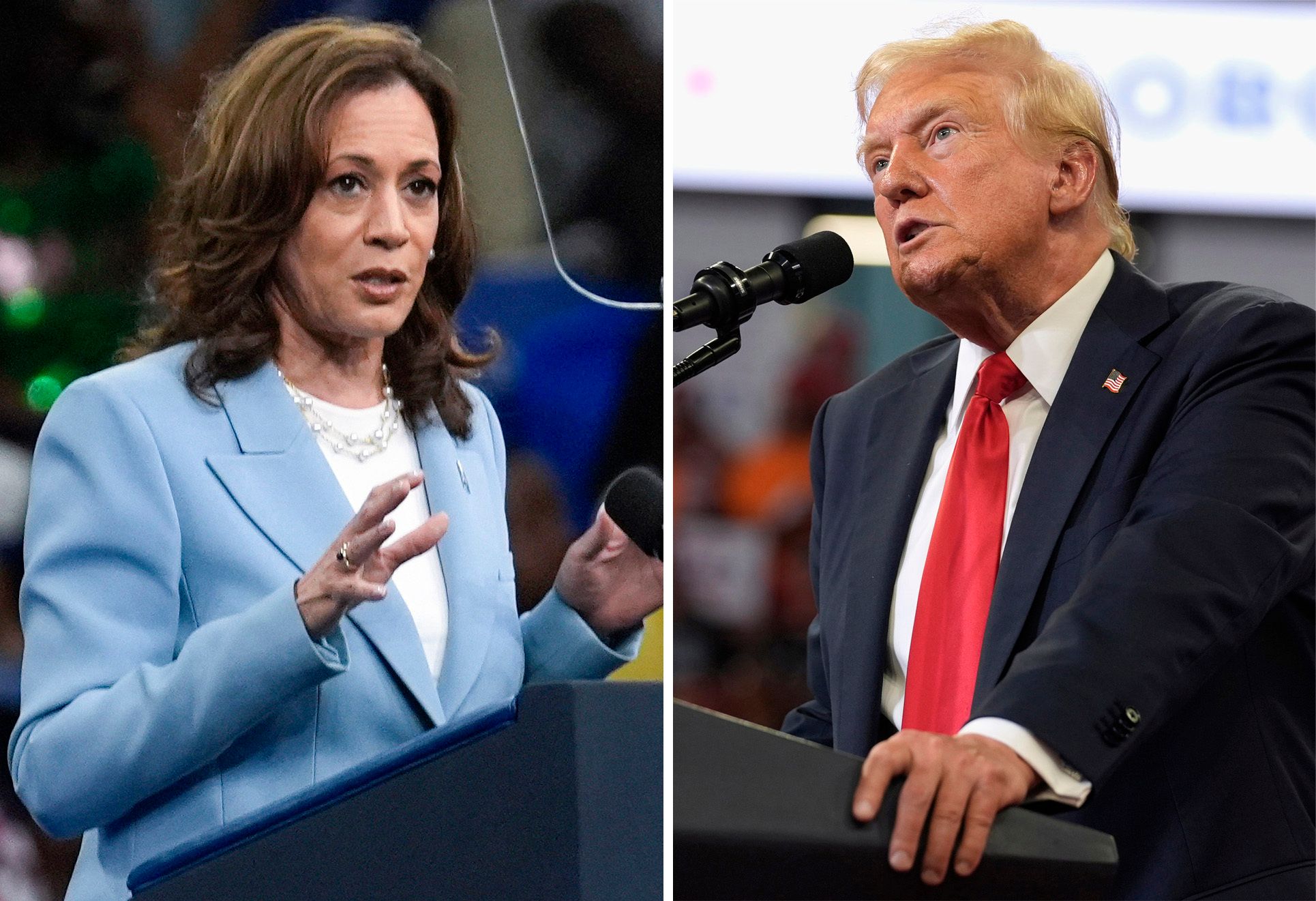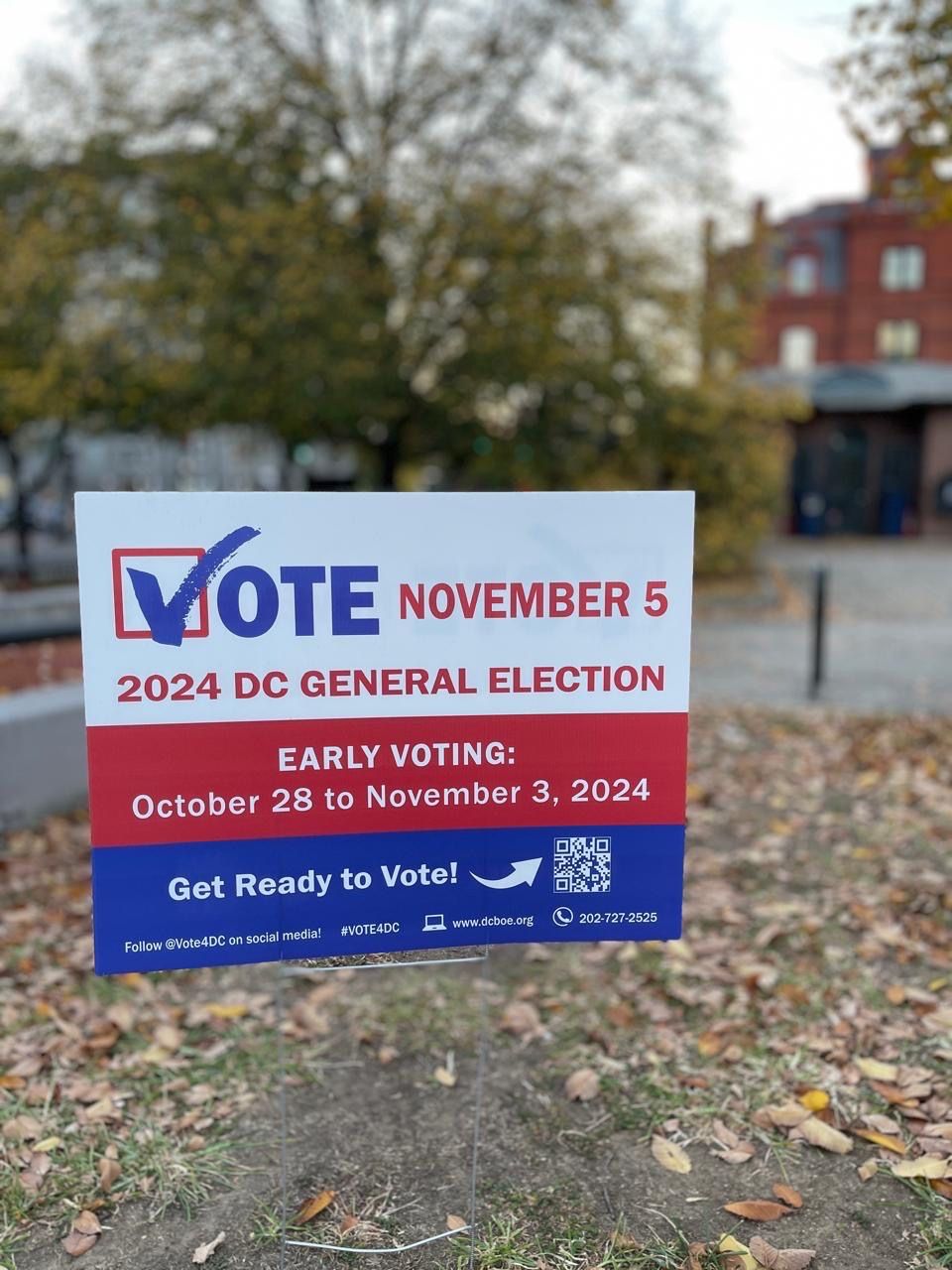WASHINGTON, D.C. — As the world watches, Americans will cast the final votes in a very tight presidential race between Kamala Harris and Donald Trump on Tuesday, Nov. 5.

Security was raised in the capital city with high fences installed, businesses boarded up, and heated confrontations over political views breaking out in some parts of the US.
Harris spent the final day of the campaign across Pennsylvania where 19 electoral votes offer the largest prize among the states that are expected to determine the Electoral College outcome.
Trump’s final campaign blitz brought him to the battleground states of Pennsylvania and North Carolina.
Elections watch parties have also been organized all over the state and in Virginia in the same manner Americans watch the Super Bowl.
More than 77 million Americans have participated in early voting either in person or voting by mail.
History in the making
Given all the twists and turns in recent months, it’s easy to overlook the historical significance of this election.
Harris would become the first female president in the United States’ 248-year history.
She would also be the first Black woman and person of South Asian descent to hold the office. Harris and her campaign have largely played down gender and race fearing that they might alienate some supporters. But the significance of a Harris win would not be lost on historians.
A Trump victory would represent a different kind of historical accomplishment.
He would become the first person convicted of a felony elected to the U.S. presidency, having been convicted of 34 felony counts in a New York hush-money case little more than five months ago.
Trump, who is still facing felony charges in at least two separate criminal cases, argued that he is the victim of a politicized justice system. And tens of millions of voters apparently believe him — or they’re willing to overlook his extraordinary legal baggage.
How long before the results are known?
Election Day in the United States is now often considered election week as each state follows its own rules and practices for counting ballots — not to mention the legal challenges — that can delay the results. But the truth is, nobody knows how long it will take for the winner to be announced this time.

Both campaigns believe the race is extremely close across the seven swing states that are expected to decide the election, barring a major surprise: Arizona, Georgia, Michigan, Nevada, North Carolina, Pennsylvania, and Wisconsin.
The size of the map and the tightness of the race make it hard to predict when a winner could be declared. (With the Associated Press)